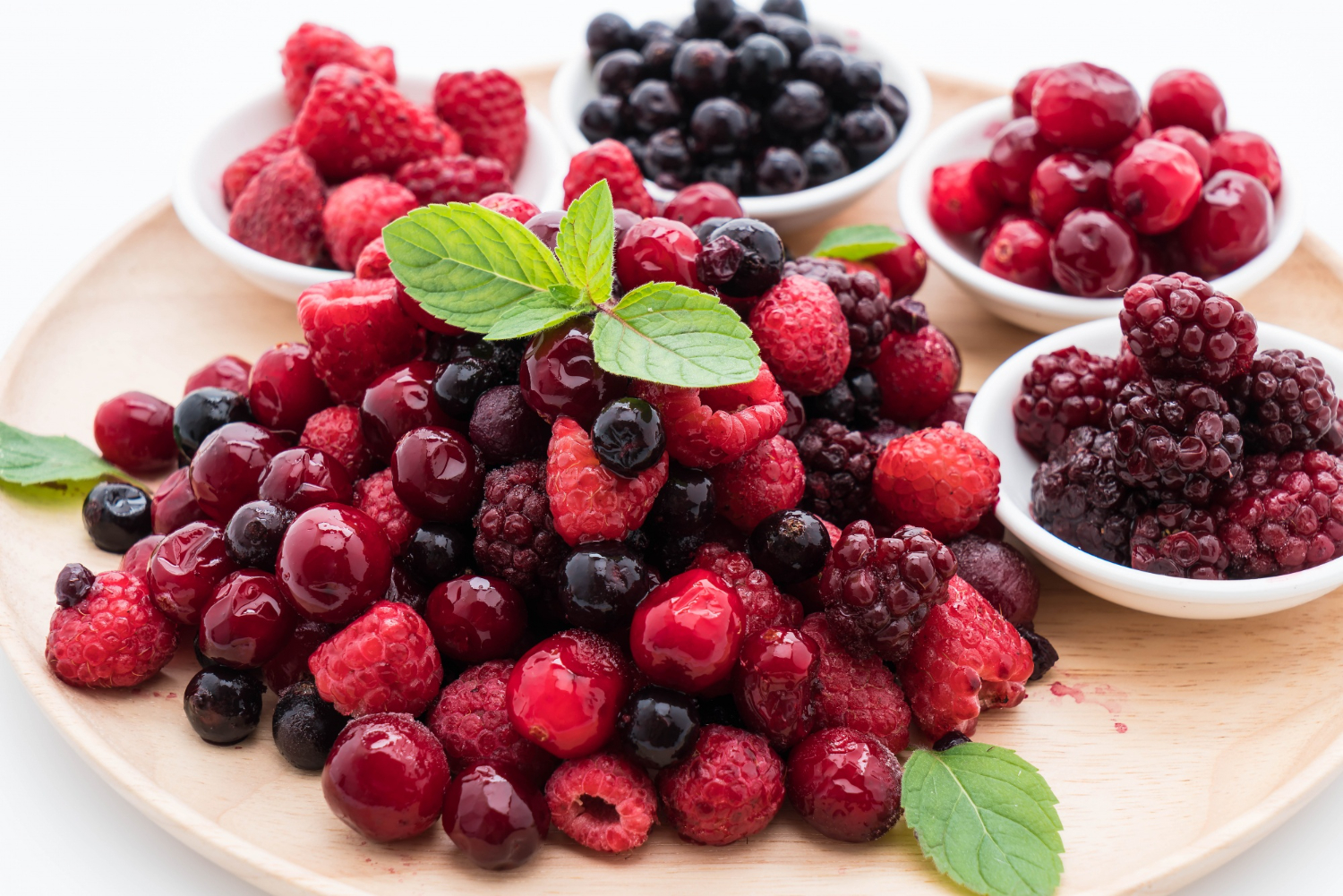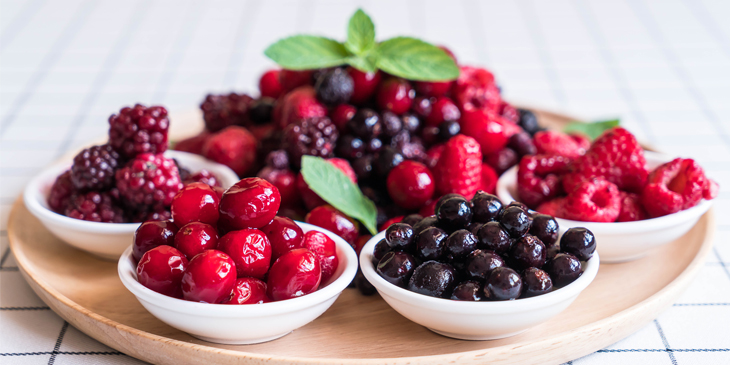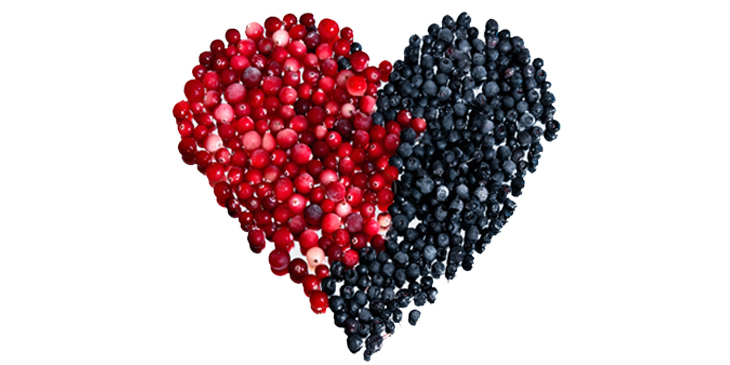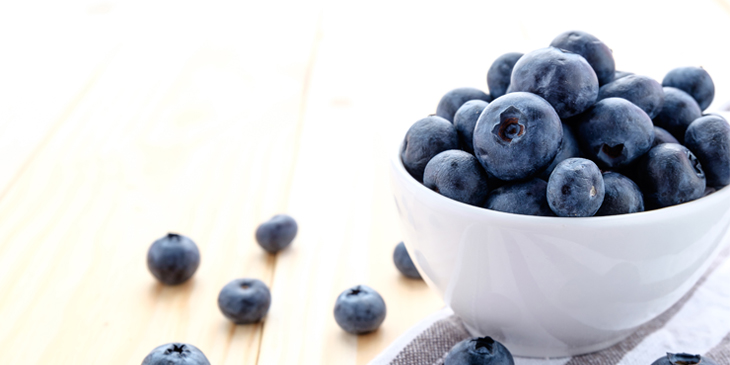
04 Jan Superfood Series: Berries
The Era of Superfoods
The term ‘superfood’ has been gaining a lot of interest in the food and health industry over these few years. The Oxford English Dictionary defines ‘superfood’ as “a nutrient-rich food considered to be especially beneficial for health and well-being”, however, there is still no technical definition for this term up to date.
It seems to be true that ‘superfoods’ exert cardio-protective effects and promote general well-being but no one should have unrealistic expectations and rely heavily on one type of food. It is recommended that you incorporate various nutritious foods as part of your healthy diet to gain maximum health benefits.
The Mighty Berries
Among all the so-called superfoods, berries show their outstanding nutrient density in their relatively small bodies. They are low in calories and high in fibre. They contain natural antioxidants such as vitamins C and E, and micronutrients such as folic acid (Vitamin B9), calcium, selenium, alpha and beta carotene, and also lutein. These substances play essential role in our body by protecting cells from damaging and progressing into diseases.

The commonly consumed berries, just to name a few, include: strawberries, blueberries, cranberries, and raspberries. They are all abundant in antioxidants and precious phytonutrients but blueberry tops in terms of antioxidant content. It is believed that blueberries have higher antioxidant capacity than ANY other food source of antioxidant.
Health Benefits of Eating Berries
Now here’s a new word you sure not want to miss out – ANTHOCYANIN. This is the main antioxidant responsible for much of the health benefits that berries bring.
Antioxidants are well known for their anti-ageing properties because they help in neutralizing some free radicals, reduces the damage to DNA and thereby slow the ageing process. On top of that, berries also have remarkable heart protective effects.

A previous study suggested that those who consumed at least 3 servings of blueberries or strawberries per week had a 34% lower risk of heart attack compared to those who ate less. Anthocyanin is the main contributor to this outcome because high concentration of anthocyanin helps to regulate blood pressure and improves blood vessel functions.
By consuming just 1 cup (148g) of blueberries, you get 4g of fibre (that’s 10% of the fibre you need everyday) and 24% of vitamin C your body needs daily. Oh, and not to forget there is only 84 calories in the entire cup of it.
Other reasons you should eat berries:
- They boost your brain function
- Reduces muscle damage after vigorous exercise
- Fights Urinary Tract Infections
- Reduces risks of macular degeneration (eye-related degenerative diseases)

Buy and Storing tips!
- Choose berries that are firm, plump and dark in colour.
- Keep berries in original packaging or a container lined with paper towels to absorb extra moisture.
- Malaysia’s weather is too warm and humid to store berries in the pantry, so be sure to store them in your fridge!
- DO NOT WASH until you are ready to eat them.
- Berries normally last from 2 to 5 days in the fridge, raspberry is among the most perishable.
- Berries can be stored in a freezer for up to a year.
References:
- Authority Nutrition
https://authoritynutrition.com/10-proven-benefits-of-blueberries/ - Huffington Post
http://www.huffingtonpost.com/2013/09/09/health-benefits-best-berries_n_3875807.html - Berkoff, F. and Schwarcz, J. (2013) Foods that harm, Foods that Heal. Reader’s Digest: New York.
- National Health Services, UK http://www.nhs.uk/Livewell/superfoods/Pages/what-are-superfoods.aspx




Sorry, the comment form is closed at this time.